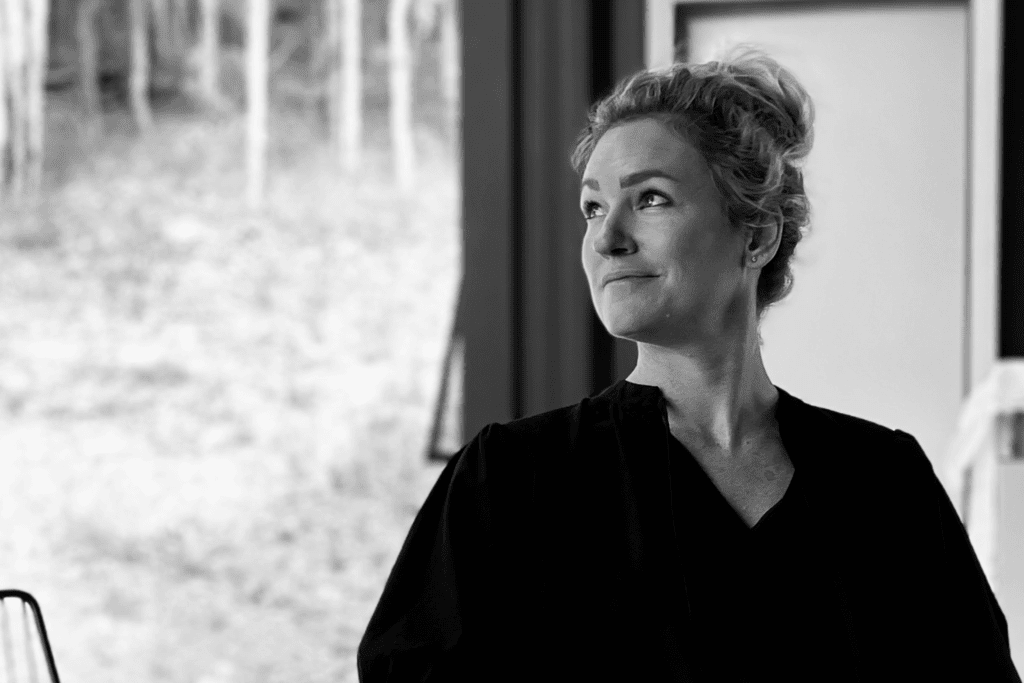An Interview with Hayley, IDEA Parent
Before we ever considered homeschooling, we made the conscious decision to step away from mainstream schooling. Autism and anxiety were two significant factors that made traditional education environments not just challenging, but harmful for our children. They were constantly measured against a deficit-based framework, rather than being seen through the lens of their strengths. To be honest, mainstream schooling had always irked us, perhaps because we had survived it ourselves and knew firsthand how it could diminish rather than uplift.
Homeschooling gave us a platform to reimagine education. It was not just about academics, it was about healing, safety, and rediscovering joy. We had to unlearn our own schooling experience, resist the urge to replicate classrooms at home, and instead create a space where our young people could dive into their interests, feel valued, and be free. It took about six months before we saw real shifts in their mental health and wellbeing, but when we did, it was profound.
“Psychological safety is non-negotiable — everything else comes after that.”
Our first introduction to IDEAcademy came through a conversation with our home education moderator. We were intrigued. Homeschooling was working beautifully, so why change? But we have always valued community, mentorship, and preparing our young people to step confidently into the world. One of our children thrives academically, and we even flirted with the idea of returning to school for ATAR but that thought never lingered long. The stories we heard from friends and family reminded us why we left in the first place.
“We even considered ATAR for a moment — but the thought didn’t linger long.”
Ultimately, IDEA felt like the natural next step. Its philosophy aligned closely with our homeschooling values: individualised support, strength-based learning, and a safe environment.
The transition wasn’t seamless. At first, she doubted whether she really belonged, unsure if she was the “typical” IDEA student. But that changed quickly. Surrounded by peers all forging their own pathways, she realised there is no mould, IDEA’s strength lies in its diversity. For her, the challenge wasn’t finding a passion or purpose (homeschooling had already nurtured that), but learning how to integrate into a community where others were still discovering theirs.
That settling period took about six months. But during that time, she pursued what mattered to her and began to realise that others deserved the same opportunity.
“IDEA did not compartmentalise her — it built a portfolio of experience around her.”
Since joining, she has taken part in Curtin Rising Scholars (studying Korean at Curtin University), earned micro-credentials through UWA, enrolled in Curtin UniReady, worked toward her Cert III in Business, and engaged in project work, volunteering, coaching basketball, Empowerher BasketballWA, lacrosse and basketball training, and paid employment. Achieving all this within a mainstream school would have been nearly impossible.
Our next young person to commence at IDEA is an incredibly gifted illustrator and artist. His journey has been marked by challenges that deeply affected his confidence and wellbeing. Stepping away from that environment gave him the time and space to heal, to rediscover his strengths, and to immerse himself in his art. He has found his passion and purpose, and now IDEA offers a platform to build from a place where his creativity can be celebrated, not stifled. We see IDEA as the bridge between his inner world and the wider one, where he can grow not just as an artist, but as a confident, connected young person.
IDEA has supported the development of the whole young person. It has helped her connect with communities, build confidence, and engage as a lifelong learner. The experience has felt bespoke, tailored, and deeply respectful of who she is.
“At IDEA, who you are matters just as much as what you achieve.”
Advice to other parents? Unlearn everything you thought to be true. Ask yourself why WACE or ATAR matters. There are so many alternative pathways to success, why conform to a system that does not serve your child, when they could spend the next few years launching their career, discovering their purpose, and thriving?

